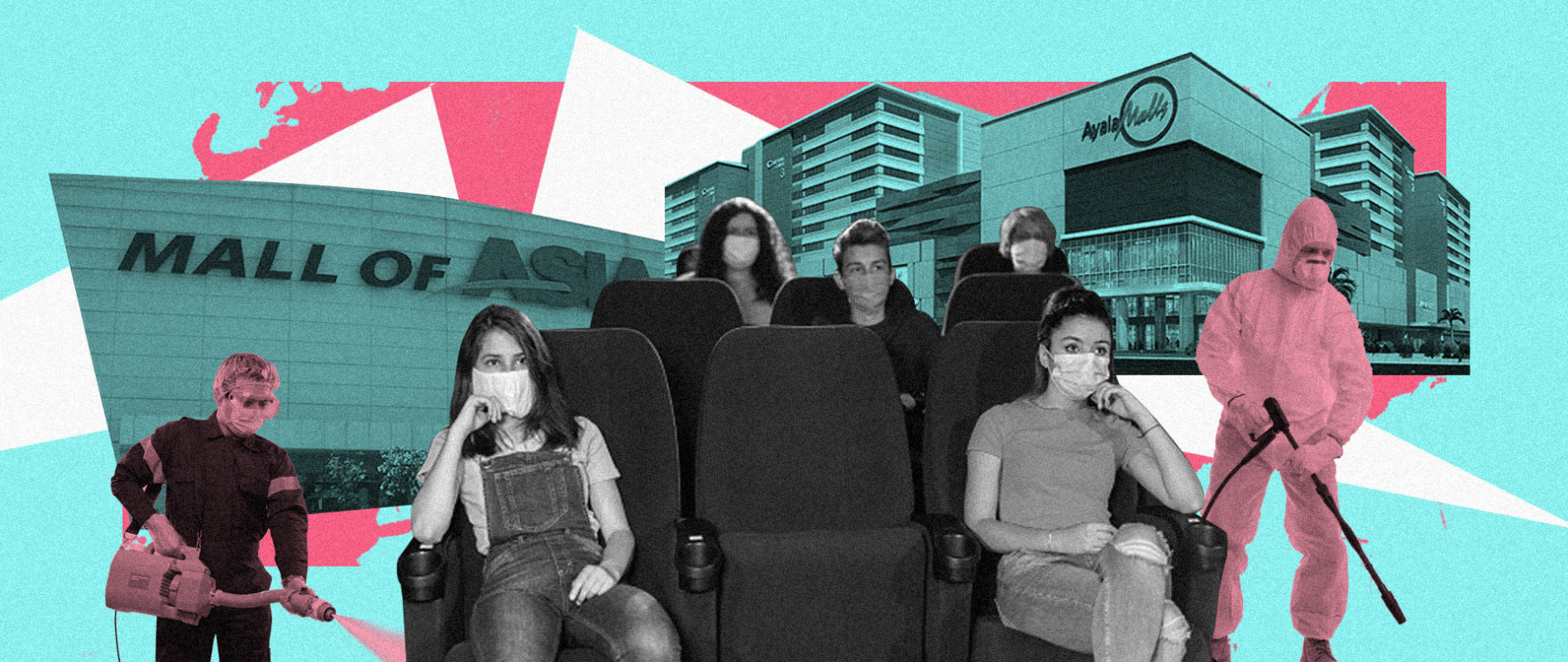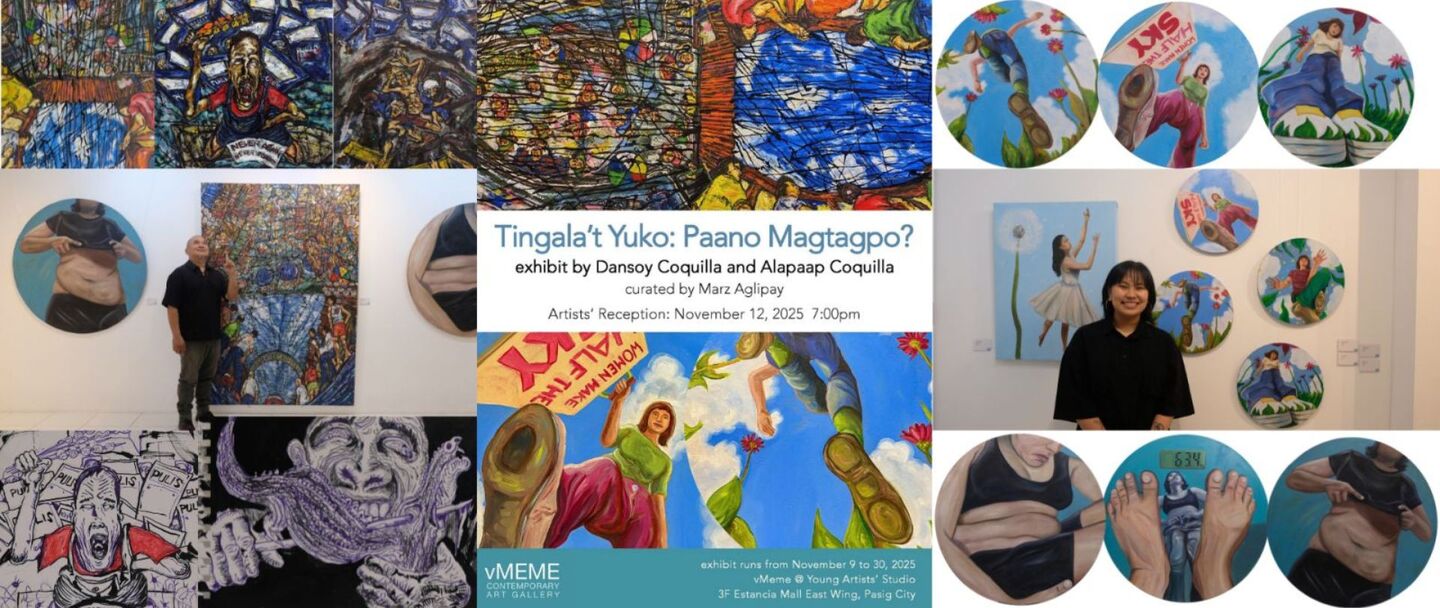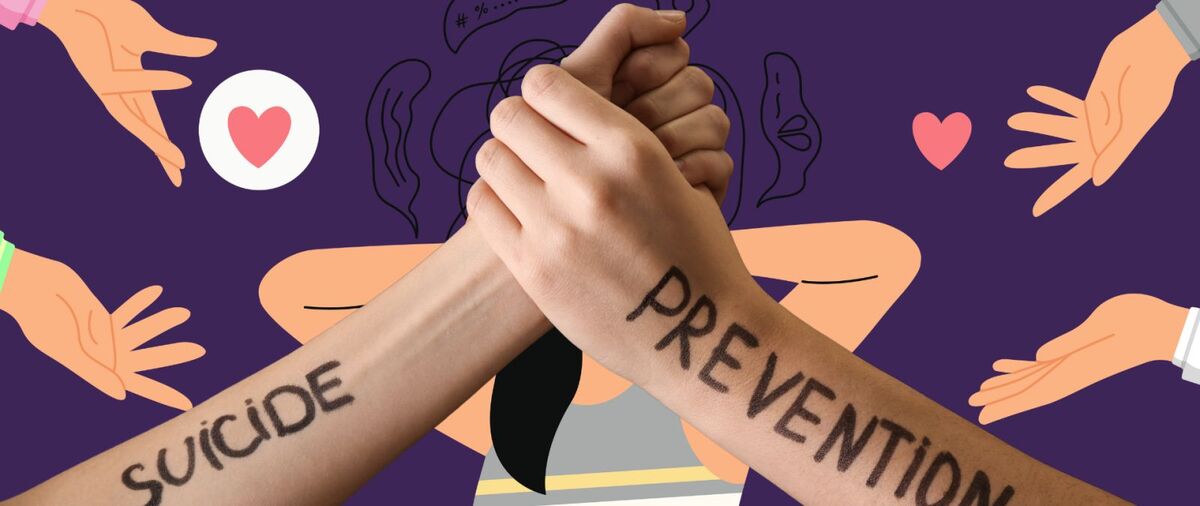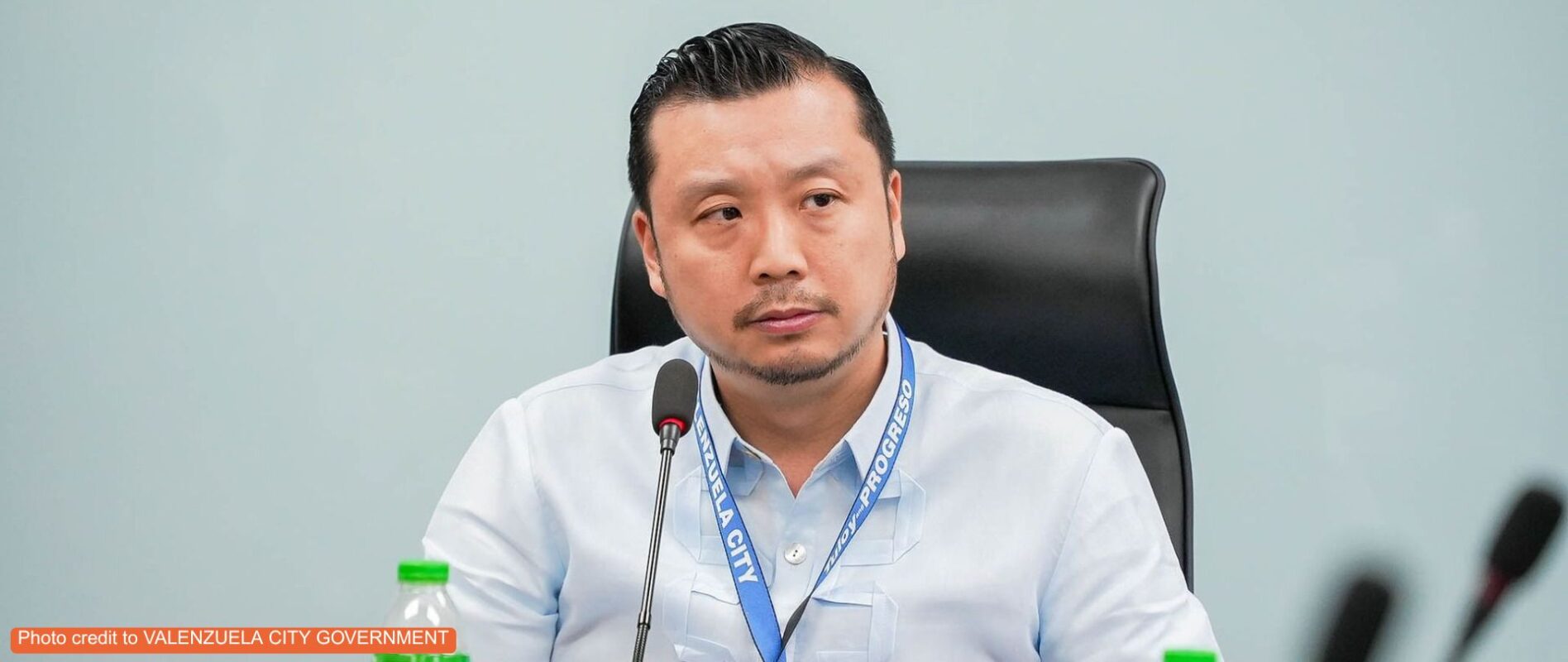AUTHORITIES ARE PLANNING TO OPEN CINEMAS AMID COVID-19 QUARANTINE–HERE’S WHAT EXPERTS THINK ABOUT IT
There are ongoing debates whether businesses like cinemas and arcades should resume amid Covid-19 quarantine. Here’s what experts have to say regarding its safety.
On the days leading to the COVID-19 quarantine, most of us only consider a trip to the mall complete if you stop by the cinema and watch your most-awaited movies. That is why when they were forced to stop their operations due to the lockdown, a lot of people were in shambles.
There are lots of things that people miss during the COVID-19 quarantine, but one of the top things they miss the most is watching in cinemas.
Last February 12, 2021, the inter-agency task force leading the country’s Coronavirus response announced that more businesses will be allowed to operate in areas under general community quarantine (GCQ).
These establishments include driving schools, arcades, libraries, museums, conference and exhibition rooms, social event centers accredited by the Department of Tourism (DOT), tourist attractions such as parks, theme parks, historical landmarks, and traditional cinemas.
“The effectivity [of this]–I understand that there will be guidelines–will be the 15th of February,” said Presidential Spokesperson Harry Roque.
“There are a lot of people working in the establishments that we are about to open, they have lost their sources of income, but now they will have the chance to work again,” he added.
However, for the mayors of Metro Manila, lifting restrictions on cinemas will not help in decreasing the number of COVID-19 infections in the country.
“The sentiment of all the mayors, we have apprehension on the reopening of cinemas… We would defer the implementation of the opening of cinemas,” Parañaque City Mayor Edwin Olivarez told CNN Philippines.
Are cinemas safe amid Covid-19 pandemic?
For Dermatologist Winlove Mojica, the closed spaces in cinemas would not–in any way–help reduce the number of Coronavirus infections.
The medical practitioner took to Twitter his frustrations regarding the re-opening of cinemas.
“This is brought by the economic cluster. It is risky enough to go to coffee shops let alone cinemas that do not have open spaces. People who want to watch in cinemas must make sure that there are already 1 million hospitals open in case you get sick. This is your choice,” the doctor said.
Pakana ito ng economic cluster. Yung mag coffee shop nga nakakatakot na, magbabayad pa sa sinehan na talagang kulob?
Yung manonood po ng sine siguraduhing may at least 1M pang ospital kung magkasakit. Choice niyo na po yan. #ApatDapat https://t.co/61OWt7UZpW
— Winlove Mojica, MD (@theskinsensei) February 12, 2021
The doctor advised that people should consider four things to make sure that an area or space is safe. These things include air circulation, physical distance (at least one meter), face masks and shields, and longevity of the movie.
Apat Dapat
❌ Air circulation : aircon and enclosed movie house
✅ physical distance 1m
✅ Mask and face shield
❌ 2 hour movie (more than 30 min) https://t.co/PQZaRvMBlE— Dr. Winlove Mojica #stopthekillings (@theskinsensei) December 3, 2020
Meanwhile, in an interview with CNBC News, Atlanta-based infectious diseases specialist Dr. Carlos del Rio said that cinemas should not operate until there is a significant decrease in the number of COVID-19 cases.
“I would honestly say I’m not comfortable going to the movies right now. I want to see the numbers come down, want to see the cases go down. Right now, the only place I am comfortable going to the movies is my living room,” he said.
Del Rio feared that movie goers could lose accountability inside cinemas. For the most part, people would no longer mind wearing the necessary safety gears inside cinemas and there will be no way to determine if they followed strict health protocols.
“In the middle of a pandemic there are certain things you have to do and things you don’t have to do,” Del Rio said. “At a certain point you have to say ‘doing this is too much of a risk.’”
Re-opening of cinemas deferred
As of this post, the move to re-open traditional cinemas has been deferred by the Inter-Agency Task Force against COVID-19.
The plan is set to push through on March 1, 2021 to give local governments time to craft guidelines for preventing a spike in COVID-19 infections, Malacañang said.
The Philippines currently has the second-worst coronavirus outbreak in Southeast Asia following Indonesia, which has recorded at least 550,000 cases and more than 11,000 deaths.














